
Menopausal treatment focuses on managing the symptoms and health risks associated with menopause, which marks the end of a woman's reproductive years. Menopause typically occurs between the ages of 45 and 55 and can bring about a variety of symptoms due to hormonal changes, such as hot flashes, mood swings, sleep disturbances, and osteoporosis. Treatment for menopause is personalized based on the severity of symptoms and overall health of the woman. Here are some key aspects of menopausal treatment and procedure:
Symptom Assessment and Diagnosis: Before initiating treatment, healthcare providers assess the range and severity of menopausal symptoms. A thorough evaluation may include reviewing medical history, blood tests to check hormone levels (such as estrogen and FSH), and discussions about the impact of symptoms on daily life. This helps in creating a tailored treatment plan.Before initiating treatment, healthcare providers assess the range and severity of menopausal symptoms. A thorough evaluation may include reviewing medical history, blood tests to check hormone levels (such as estrogen and FSH), and discussions about the impact of symptoms on daily life. This helps in creating a tailored treatment plan.
Hormone Replacement Therapy (HRT): Hormone replacement therapy (HRT) is one of the most common treatments for managing menopausal symptoms. HRT involves the administration of estrogen, or a combination of estrogen and progesterone, to alleviate symptoms like hot flashes, night sweats, and vaginal dryness. HRT is available in various forms, including pills, patches, creams, and gels, and the choice depends on the individual's health needs and preferences.
Non-Hormonal Treatments: For women who cannot or choose not to use hormone therapy, non-hormonal treatments are available. These may include medications such as selective serotonin reuptake inhibitors (SSRIs), which help manage mood swings and hot flashes, or medications like gabapentin and clonidine, which can also reduce hot flashes. Non-hormonal vaginal creams and lubricants are used to manage vaginal dryness.
Lifestyle Modifications: Lifestyle changes play a crucial role in managing menopause symptoms. Healthcare providers recommend a balanced diet rich in calcium and vitamin D to support bone health, regular exercise to reduce the risk of osteoporosis and heart disease, and stress-reduction techniques like yoga or meditation to help with mood changes and sleep disturbances.
Bone Health and Osteoporosis Prevention: As estrogen levels decline during menopause, women become more prone to bone loss, increasing the risk of osteoporosis. Treatment may include calcium and vitamin D supplements, as well as medications like bisphosphonates, which help prevent bone loss. Regular bone density tests may be recommended to monitor bone health.
Psychological and Emotional Support: Menopause can be a challenging time emotionally, with symptoms like mood swings, anxiety, and depression affecting many women. Counseling and support groups are often part of a comprehensive menopausal treatment plan, providing emotional support and coping strategies to manage the mental health aspects of menopause.
Managing Cardiovascular Health: The drop in estrogen during menopause increases the risk of cardiovascular diseases, such as heart attacks and strokes. As part of menopausal treatment, healthcare providers may recommend lifestyle changes like quitting smoking, maintaining a healthy weight, exercising regularly, and managing blood pressure and cholesterol levels to reduce the risk of heart disease.
Alternative and Complementary Therapies: Some women seek alternative therapies to manage menopausal symptoms, such as herbal supplements, acupuncture, or yoga. While the effectiveness of these treatments varies, healthcare providers often support the integration of these approaches with conventional treatments, provided they are safe and appropriate for the individual's health needs.
Regular Monitoring: Menopausal treatment requires ongoing monitoring to ensure the effectiveness of the therapy and to adjust treatments as needed. Regular follow-up visits allow healthcare providers to assess symptom relief, check for any side effects of medications, and make necessary changes to the treatment plan to ensure optimal health during and after menopause.
Menopausal treatment is highly individualized and aims to provide relief from symptoms while promoting long-term health. Whether through hormone therapy, lifestyle changes, or emotional support, the goal is to help women navigate this natural life stage with minimal discomfort and optimal health. Regular monitoring and a holistic approach ensure that women receive the care they need during and after menopause.
Dr. Ravneet Kaur Offers a comprehensive range of obstetrics and gynaecology treatments, utilizing advanced techniques and personalized care to support patients on their journey to reproductive health and wellness.
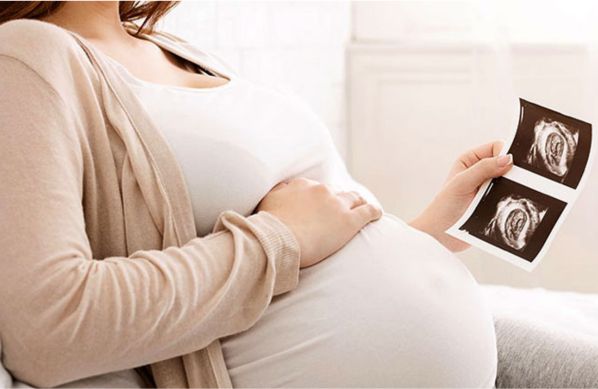
High-risk pregnancy care refers to specialized medical services aimed at monitoring and managing pregnancies with increased risks due to various factors.

Painless delivery, also known as epidural analgesia, refers to the use of pain relief methods during labor to help women manage the discomfort of childbirth.
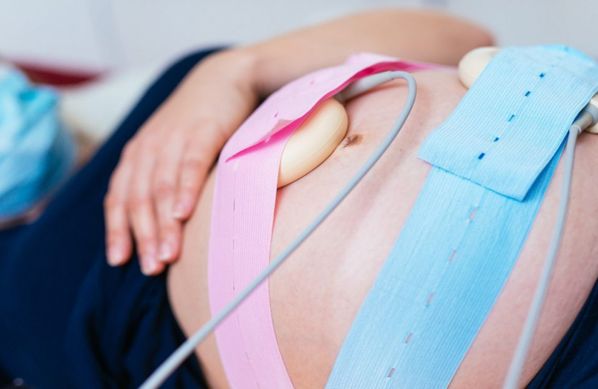
Intrapartum fetal monitoring, commonly referred to as Toco-Cardio Graphy (CTG), is a crucial method used during labor to assess the well-being of the fetus.
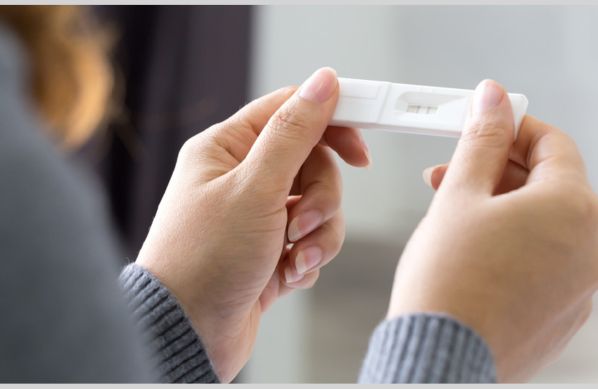
Recurrent pregnancy loss (RPL) refers to the occurrence of two or more consecutive miscarriages, and it affects a small percentage of women trying to conceive.

Menopausal treatment focuses on managing the symptoms and health risks associated with menopause, which marks the end of a woman's reproductive years.
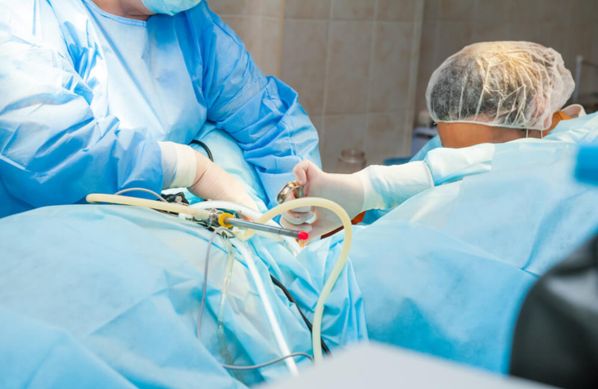
Laparoscopically Assisted Vaginal Hysterectomy (LAVH) is a minimally invasive surgical procedure used to remove the uterus.
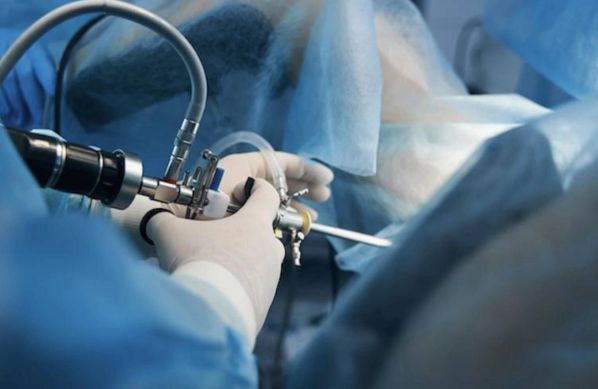
Laparoscopy and hysteroscopy are minimally invasive surgical procedures used to diagnose and treat various gynaecology conditions.

In Vitro Fertilization (IVF) is a sophisticated assisted reproductive technology (ART) that enables individuals or couples facing fertility challenges to conceive a child.
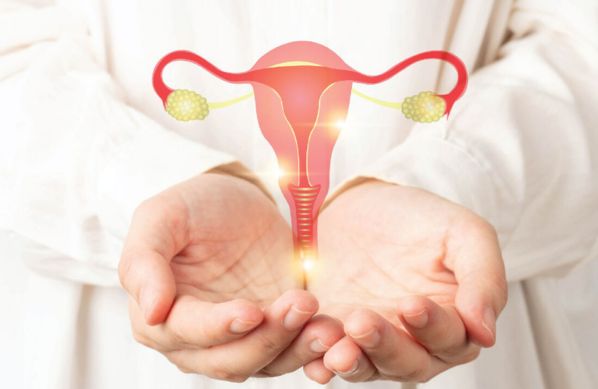
Intrauterine Insemination (IUI) is a widely used assisted reproductive technology (ART) that involves placing sperm directly into a woman’s uterus during her ovulation period.

Intracytoplasmic Sperm Injection (ICSI) is a specialized form of assisted reproductive technology (ART) used to address male infertility issues.

